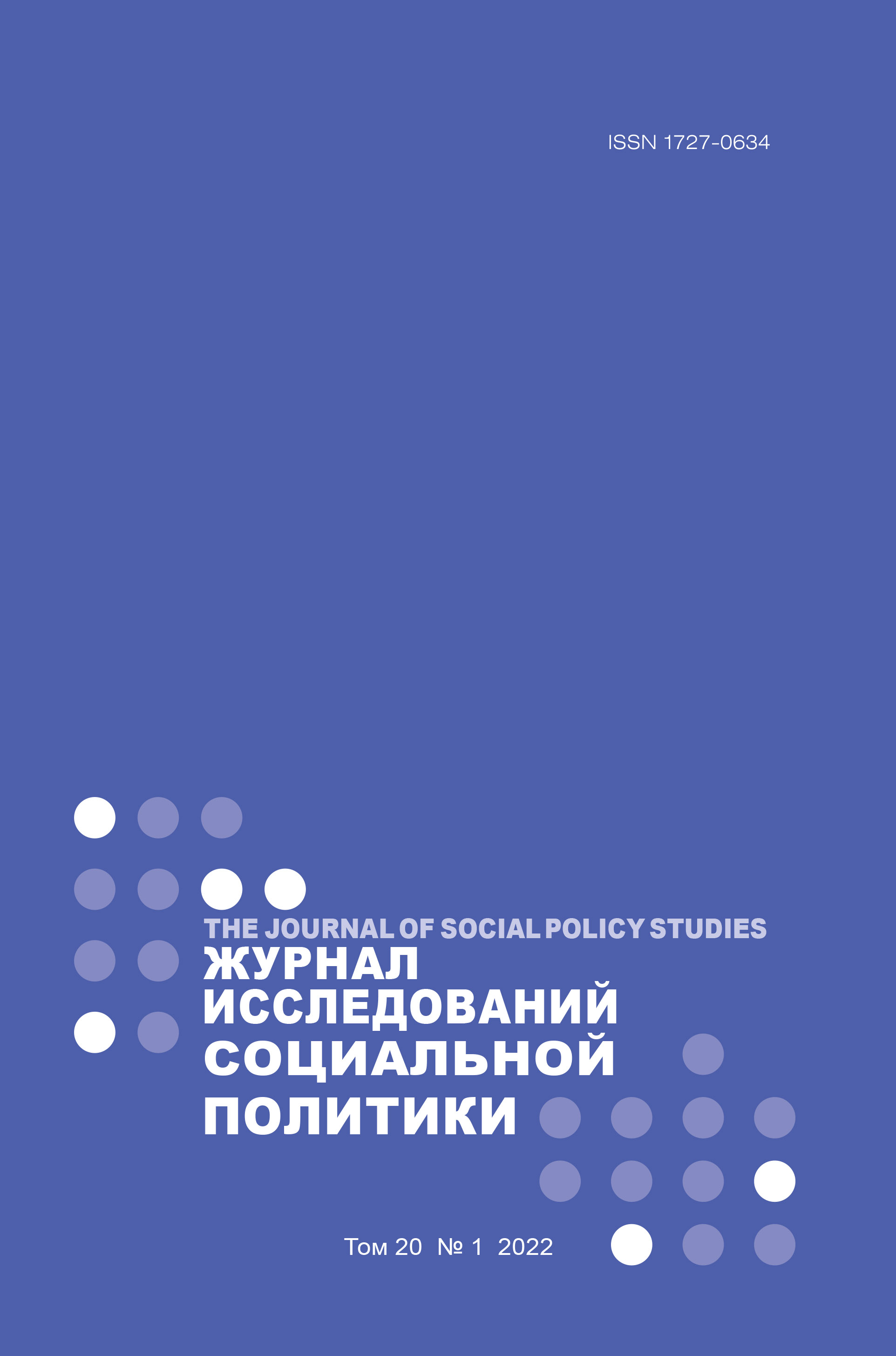The Issue of Gender Balance in Russian Universities Leadership and Abroad
Abstract
The problem of achieving gender equality and balance is a global one and is part of the UN Sustainable Development Goals. The purpose of this study is to analyse gender distribution in the leadership of Russian universities to determine patterns and trends in the designated area. The object of the study were 708 Russian universities (public and private) that provided information as part of the Monitoring of the effectiveness of higher education institutions. In addition, the authors have analysed 120 foreign universities listed as their respective country’s top 20 at the QS World University Rankings in UK, Germany, Canada, China, USA and Japan. We analysed gender balance among university leadership, as well as doctoral students and the faculty. Our hypothesis was confirmed: the trends typical for countries with developed economies are similar to those in Russia. In particular, there is relative gender balance in higher education overall but a lower proportion of women in senior management positions. Indeed, the share of women among faculty members is 58%, among postgraduate students – 45%; meanwhile, the proportion of women among university heads is 27%, among senior university management – 34%. In certain groups of Russian universities, the proportion of women among university heads ranges from 7% in National Research Universities to 18% in so-called Backbone Universities, and in their senior management – from 14% to 26% respectively. The practical significance of this study lies in comparing trends in achieving gender balance in higher education in Russia and countries with developed economies. The results of the study can be used for both the development of this topic by other researchers and the development of public policy in this area.















